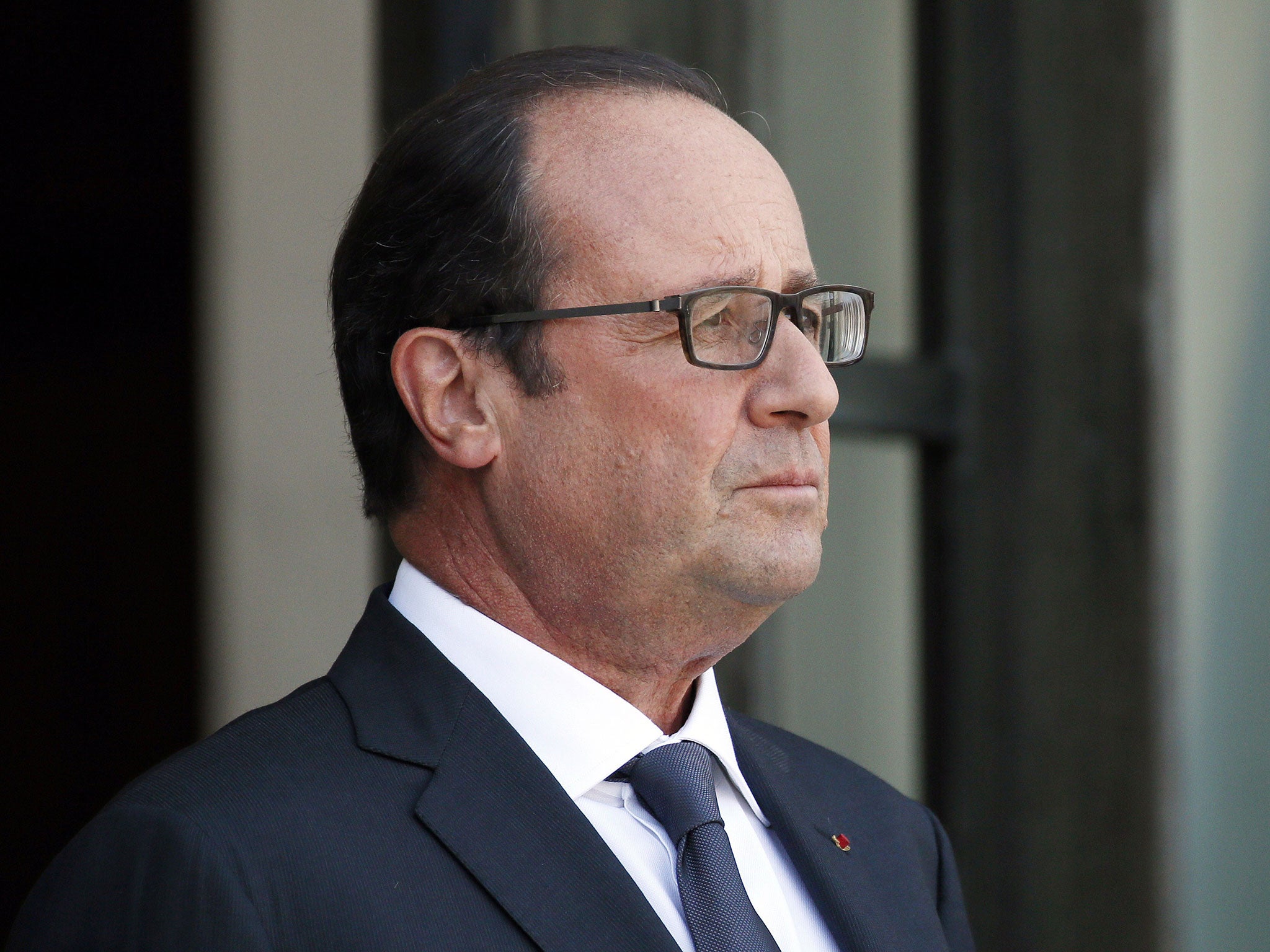Islamic State: Countries meet in Paris to discuss anti-Isis global strategy
Iran has not been invited and has dismissed the Paris meeting as a 'show conference'

Your support helps us to tell the story
From reproductive rights to climate change to Big Tech, The Independent is on the ground when the story is developing. Whether it's investigating the financials of Elon Musk's pro-Trump PAC or producing our latest documentary, 'The A Word', which shines a light on the American women fighting for reproductive rights, we know how important it is to parse out the facts from the messaging.
At such a critical moment in US history, we need reporters on the ground. Your donation allows us to keep sending journalists to speak to both sides of the story.
The Independent is trusted by Americans across the entire political spectrum. And unlike many other quality news outlets, we choose not to lock Americans out of our reporting and analysis with paywalls. We believe quality journalism should be available to everyone, paid for by those who can afford it.
Your support makes all the difference.Over 30 countries, including ten Arab states, will meet in Paris today to discuss the proposed US-led alliance to contain, and combat, the militants of Isis.
The meeting, called last month by President François Hollande, will consider strategy and allot roles, ranging from air-strikes to humanitarian aid. All five permanent members of the UN security council – the US, Russia, China, Britain and France – will attend.
The great absentee will be Iran, which has expressed willingness to cooperate with western countries against Isis but is wary of supporting any action which might destabilise its ally Bashar al-Assad in Syria. Tehran was not invited and has dismissed the Paris meeting as a “show conference”.
Many divergences exists between the states who will attend. Arab participants – including Saudi Arabia, Qatar, Egypt, Jordan and several Gulf countries – are unwilling to take part in military action. Even France, which convened the meeting, is not yet ready to commit itself to air strikes under US command and control.
Paris insists that there must be a clear mandate under international law before its aircraft attack Isis militants.
A senior French diplomat said: “We must retain a degree of autonomy. We don’t want to be a sub-contractor of the Americans. They have yet to ask us explicitly to take part.”
The British government also remains wary of military action, according to French sources. The only country, other than the US, to commit itself to an air combat role is Australia. Yesterday, the Prime Minister Tony Abbott announced that he was sending aircraft and 600 airmen and soldiers to the United Arab Emirates to prepare for missions against Islamic State targets.
Meanwhile, the French interior minister, Bernard Cazeneuve, revealed yesterday that there were now estimated to be 930 French citizens or long-term residents fighting with jihadist groups in Syria and Iraq. This was a significant increase in the previous estimate of 700 – already by far the largest single contingent from any western nation.
Mr Cazeneuve will present draft legislation to the National Assembly today to slow the flow of volunteers by cracking down on extremist propaganda and confiscating the passports and identity cards of suspected would-be jihadists.